Kyle’s Column: No joking matter
In the latest installment of Kyle’s Column, WSPN’s Opinions Editor Kyle Chen discusses the implications of the racist and anti-semitic graffiti discovered on the wall of the History wing bathroom.
May 15, 2018
The field house throbbed with a din of voices, fueled by the steady stream of students spilling into the gymnasium to watch an all-school assembly in response to the racist graffiti found on the Timeline Tunnel. In the center of the basketball court mingled a large group of teachers, most of whom were engaged in conversation. I caught a few teachers glancing at sheets of paper. Most of my peers seemed not to notice. They all just skirted around the huddled adults and plopped down at the foot of the bleachers.
As the last few students trickled in, we finally turned our attention to the center of the gym, where Mr. Schmirer had begun speaking. He finished his speech and handed the mic to a group of five teachers, each of whom took turns reading paragraphs from their joint letter to the students.
The last teacher to speak, Mrs. Goldin, concluded the assembly with the following quote from former South African president Nelson Mandela: “No one is born hating another person because of the color of his skin, or his background, or his religion. People must learn to hate, and if they can learn to hate, they can be taught to love, for love comes more naturally to the human heart than its opposite.”
In my own experience, Wayland has always been remarkable for its welcoming environment, one where diversity is not only accepted, but valued highly. From the very beginning, Wayland students are taught to be empathetic and open-minded. We “put ourselves in someone else’s shoes” as early as middle school. We are taught to respect each others’ differences. The values of our community are drilled into our heads from a very young age–that regardless of their racial or ethnic backgrounds, everyone is equal.
So what could possibly have gone wrong? Why did these incidents—the racist graffiti in the history wing and the swastika in the elevator—occur? In my view, the problem does not lie in shortcomings in our education system or in our community as a whole. The recent graffiti incidents highlight the dangers of ignorance among adolescents.
We may never know what caused the perpetrators to write these racist words and draw symbols upon the walls of our school, but I’d be willing to bet that the person who wrote the n-word over the display, the individual who drew the swastika in the elevator and the student who wrote the words “Wayland is for whites only” in the bathroom have one thing in common: their ignorance led them to believe that their actions could be passed as just a joke.
This ignorance is the result of the culture of carelessness that is widespread among adolescents today. Many of my peers have no respect for anyone or anything that claims to have authority. And as a result, we often don’t listen, which in turn prevents us from understanding the seriousness of our actions and the consequences that follow them.
This graffiti situation is just one of the many cases of ignorance exhibited by students who have been brainwashed by the culture of carelessness. Even at a school like WHS, where the community is accepting and open-minded, incidents like these are far too common. You hear it in the halls, when students jokingly insult each other with homophobic slurs; you hear it in the classroom, where a student is laughed at because, even though he’s Asian, he got only a B on his math quiz; and you hear it on the athletic fields, when a girl is called a “non-athletic f***” because she dropped a pass, or threw the ball short.
The truth is, as a community, we are far from perfect. We all have our shortcomings, and we all, at some time or another, have allowed ignorance to get the best of us. I can attest that it’s happened to me before. There have been many situations where I have said something utterly wrong and inappropriate because of my ignorance. But there comes a point where we can’t say “it’s just a joke” and get away with saying something inappropriate. There is practically no difference between saying something you actually believe in and saying something because you don’t understand it and don’t care about its implications.
These latest incidents should serve as a reminder to all of us at WHS that words are powerful. They have a weighty significance that cannot be ignored. Words are not things that we can toss around; they carry implications–and consequences–that we must fully understand before we use them. We must not let our ignorance overcome our judgment, because when we do, as in the case of the graffiti, we threaten the very values that we as a community stand for.
Opinion articles written by staff members represent their personal views. The opinions expressed do not necessarily represent WSPN as a publication.

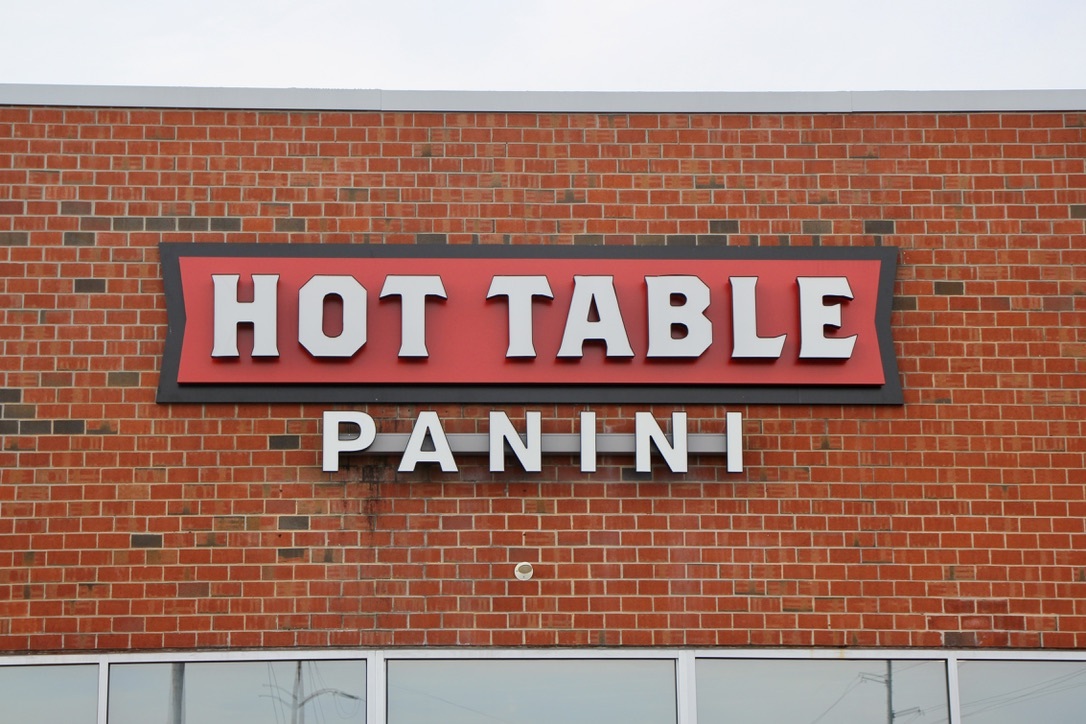
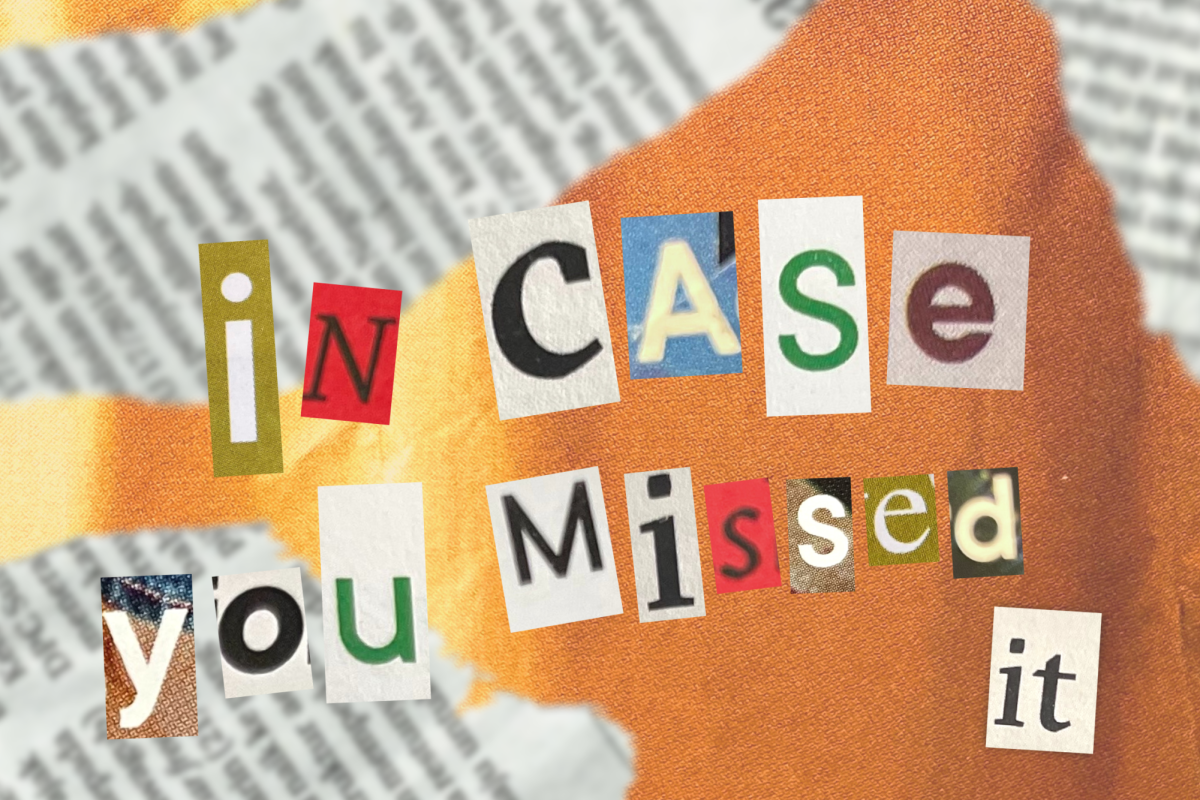

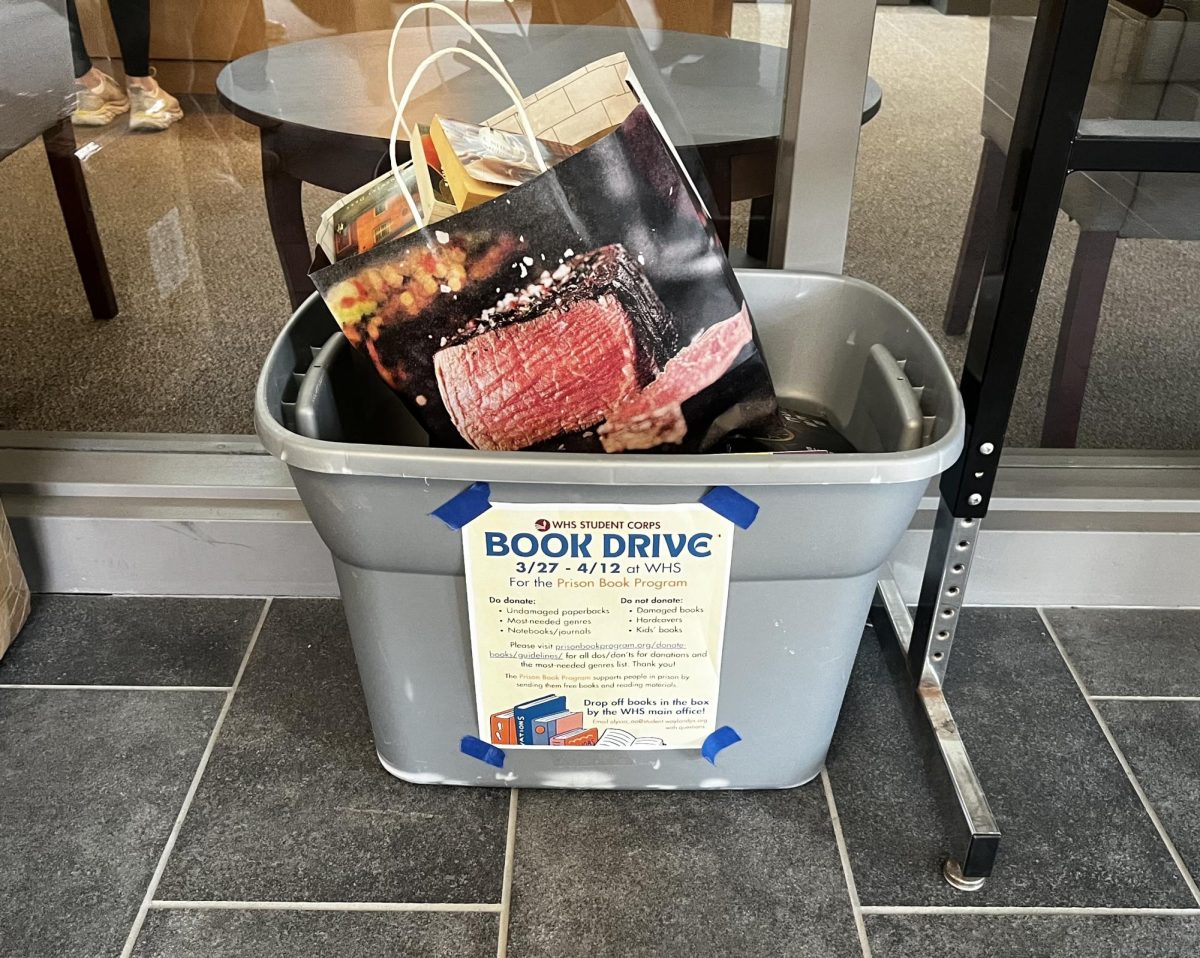






![WSPN staff reporter Marisa Mendoza sits down with Dr. Peggy McIntosh to discuss her work regarding white privilege and how she hopes her work will be influential for years to come.
The purpose of [my published] papers was to say that the public roles we are asked to play are filled with fraudulence, McIntosh said. People in high places, even the president, are fraudulent. We must not let other people make us feel like frauds. Let us continue to spot fraudulence in the public roles we are asked to play.](https://waylandstudentpress.com/wp-content/uploads/2024/04/IMG_7403-scaled-e1714358061368.jpg)

![WSPN’s Annika Martins and Maddie Zajac explore the athletic life of senior Annabelle Zhang through her badminton career. “This [photo] is me and my former partner after we won the 2022 junior nationals mixed doubles category,” Zhang said.](https://waylandstudentpress.com/wp-content/uploads/2024/04/IMG_6629-1200x900.jpg)
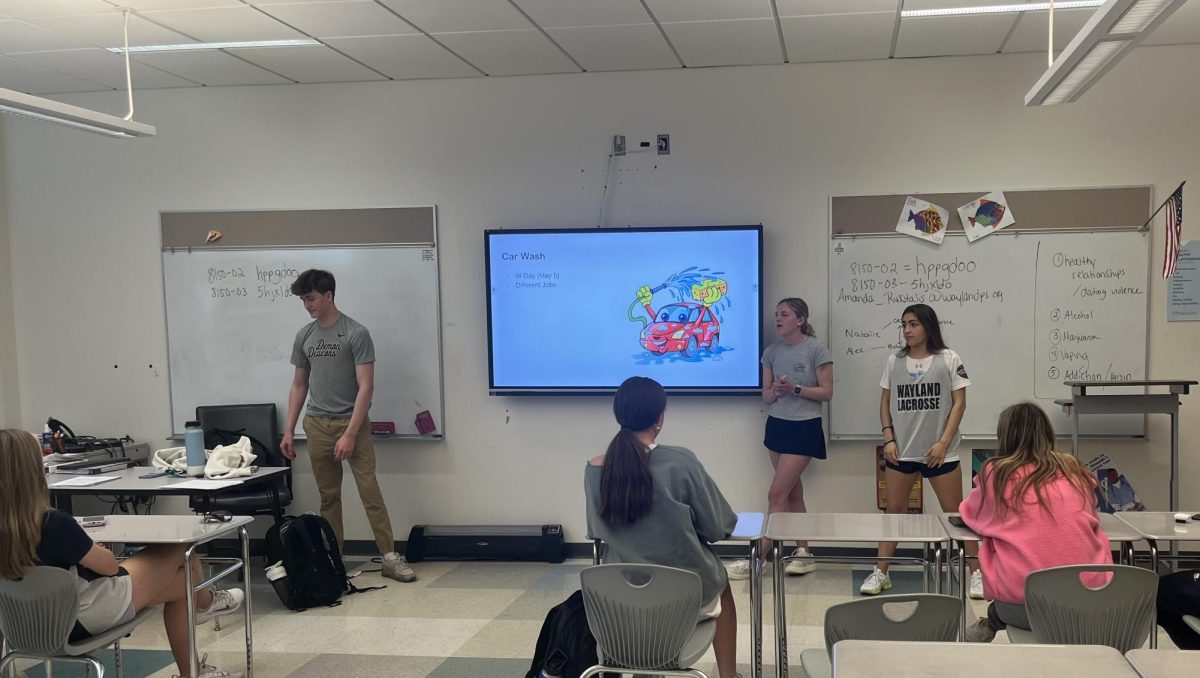
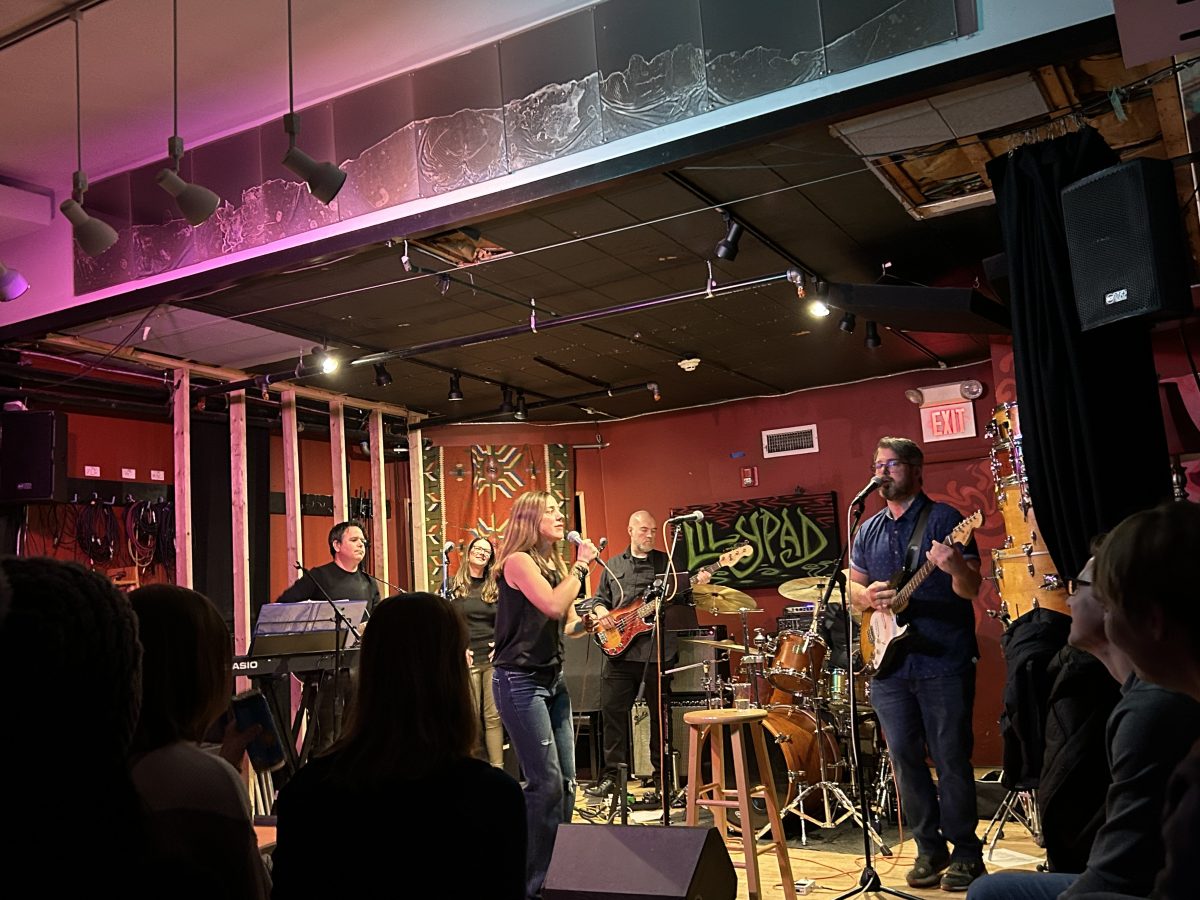






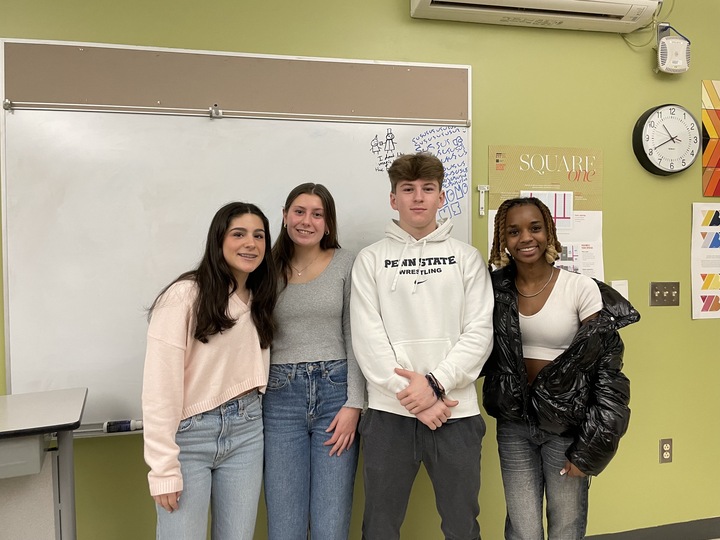
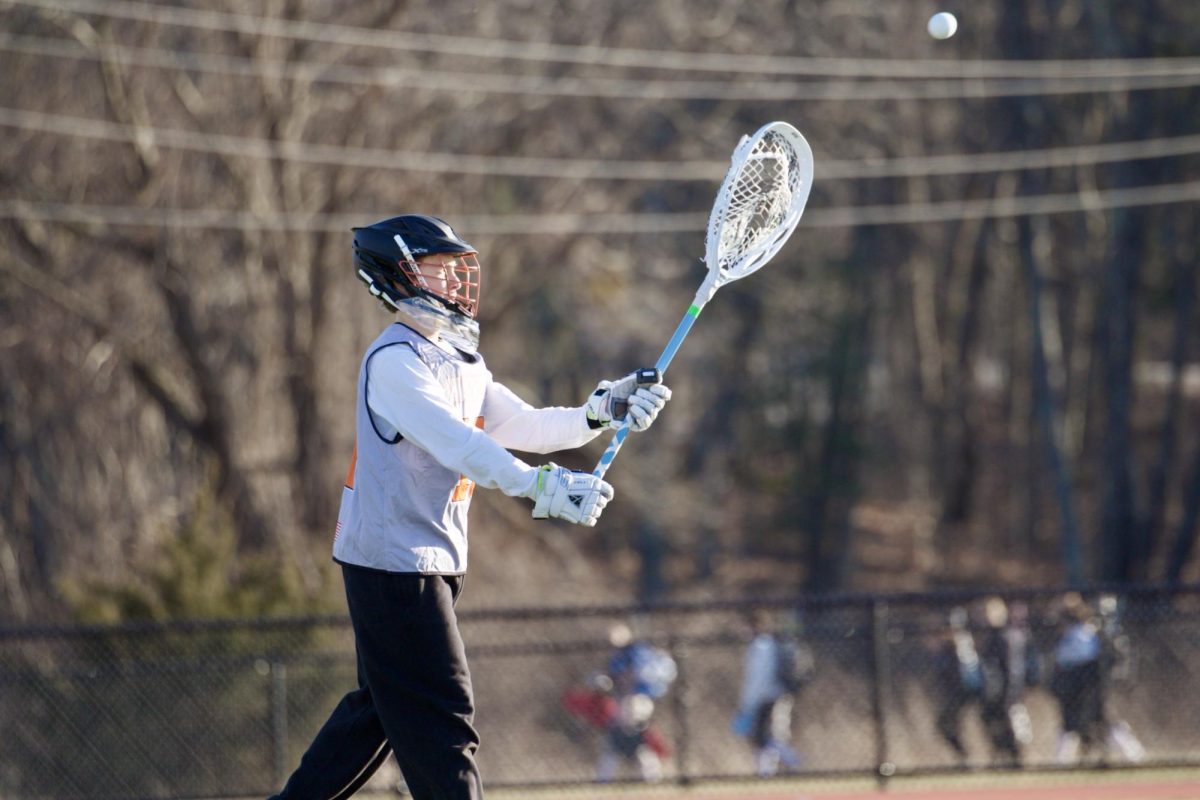
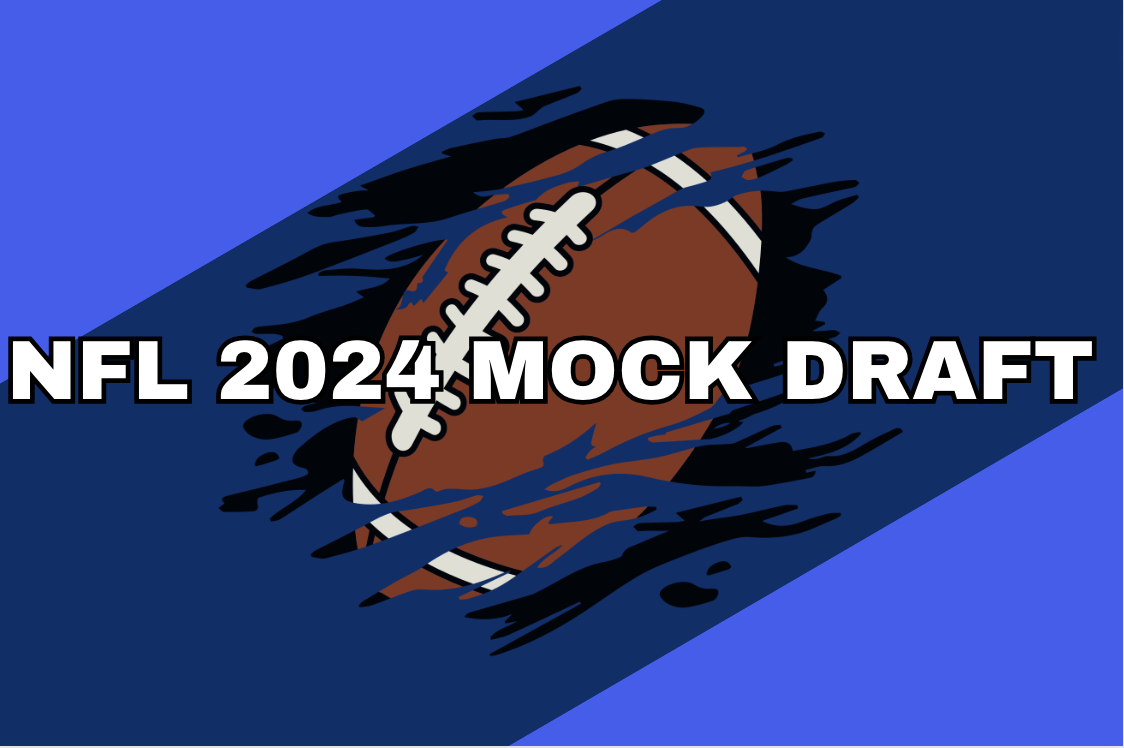
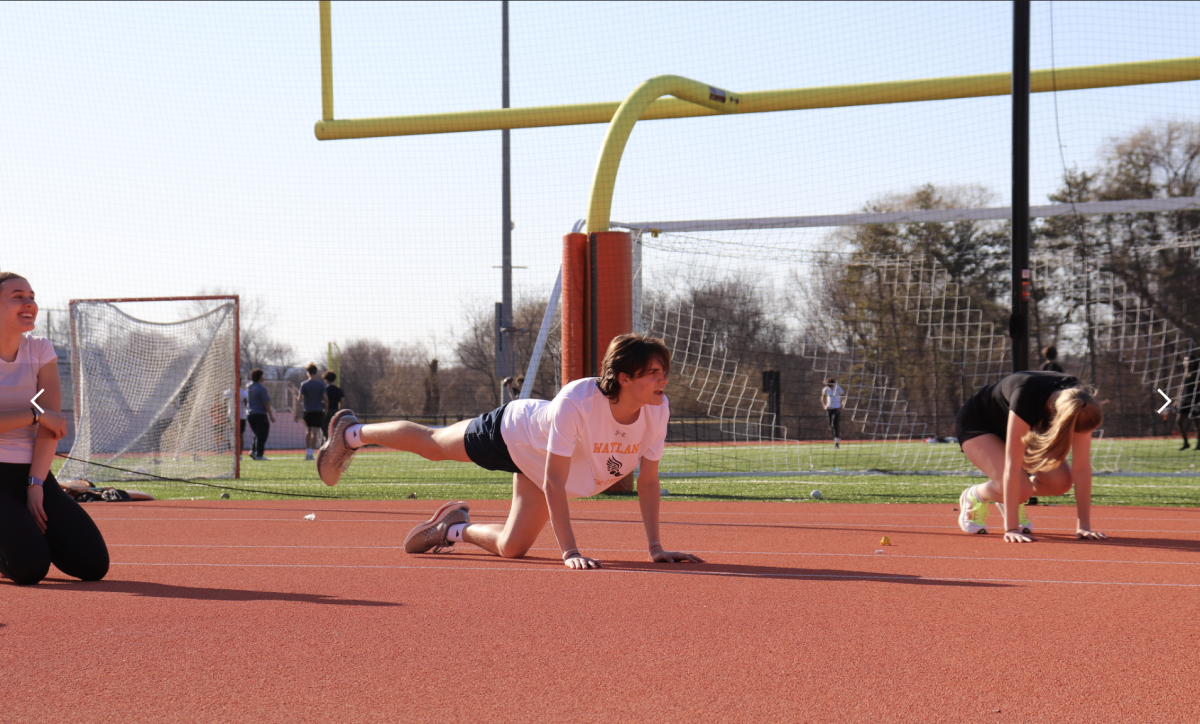

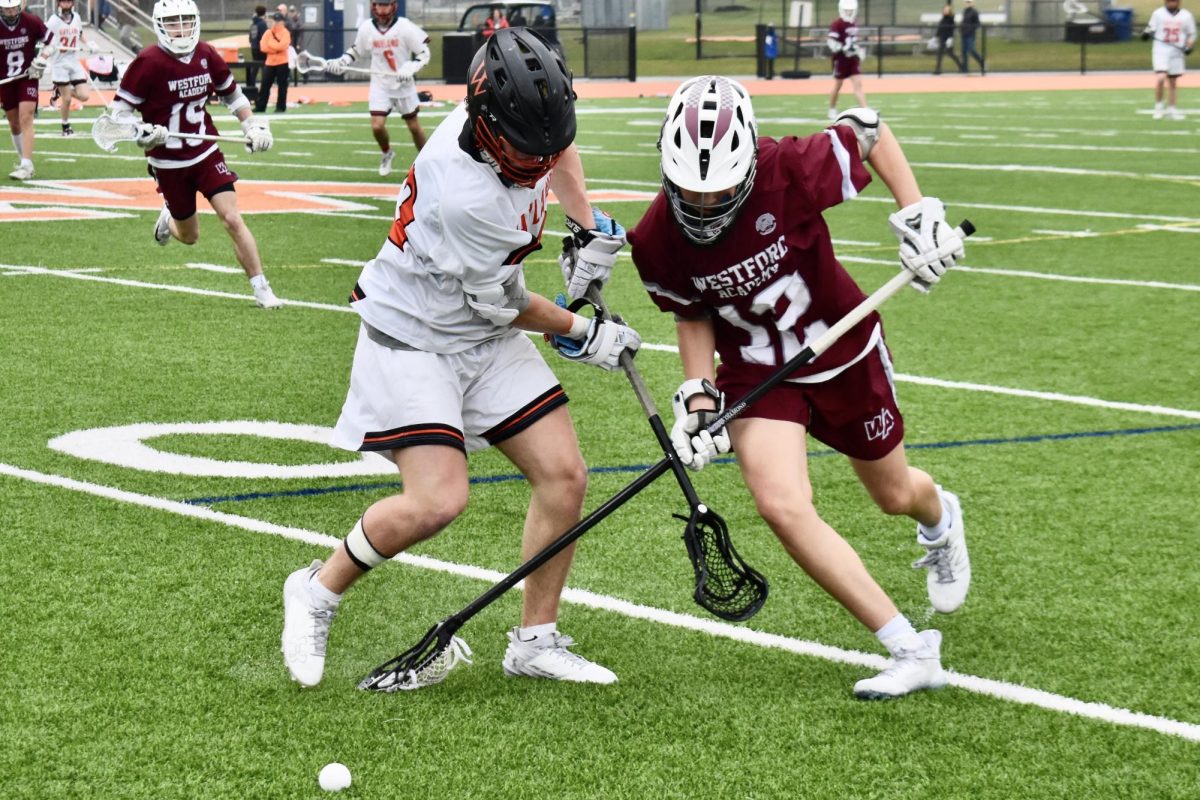

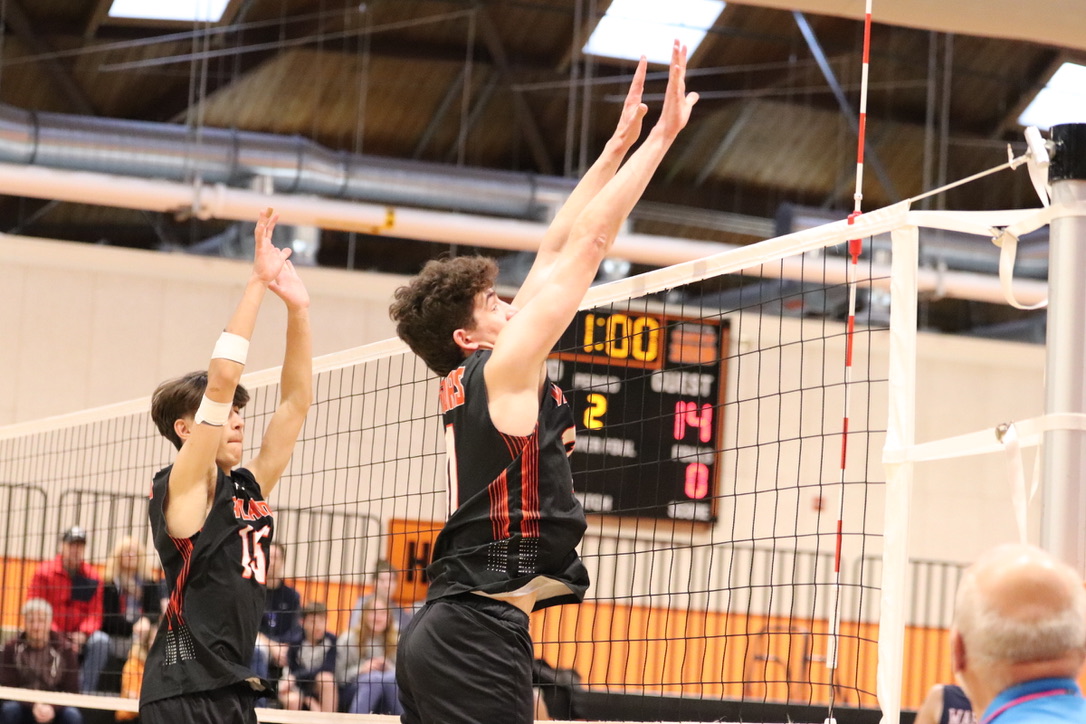
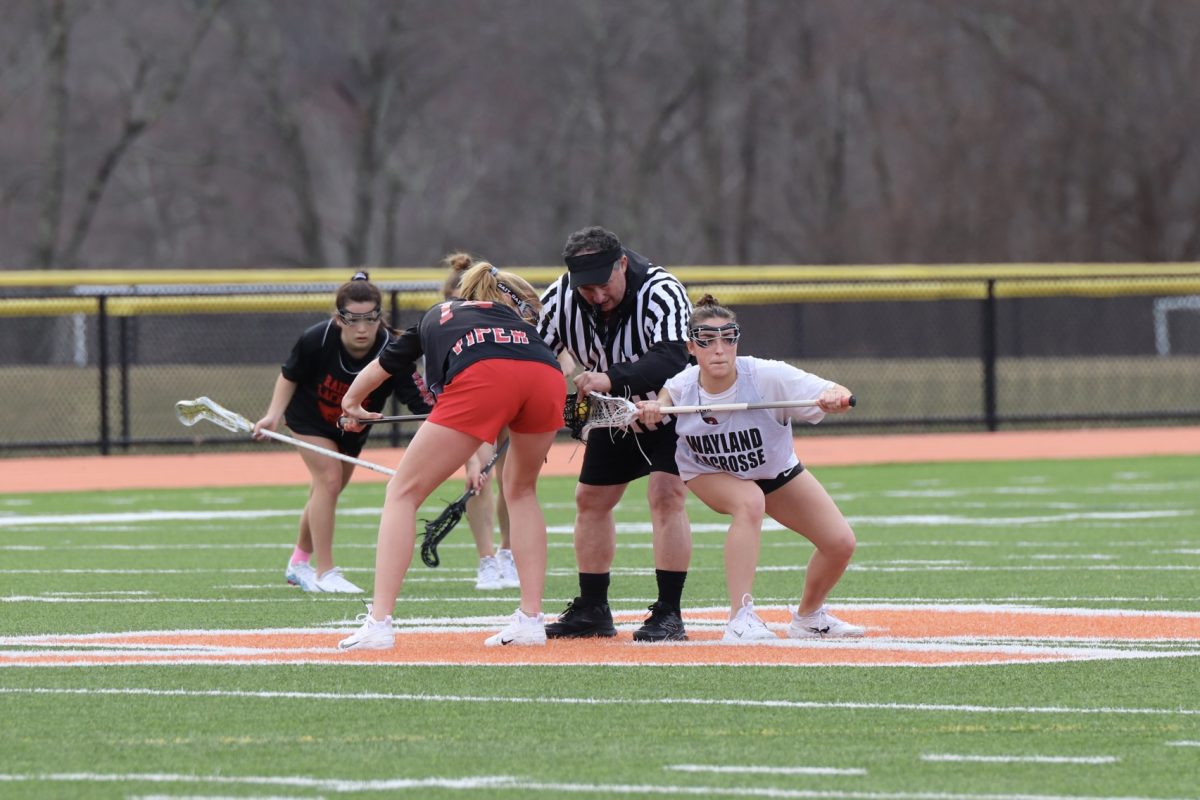
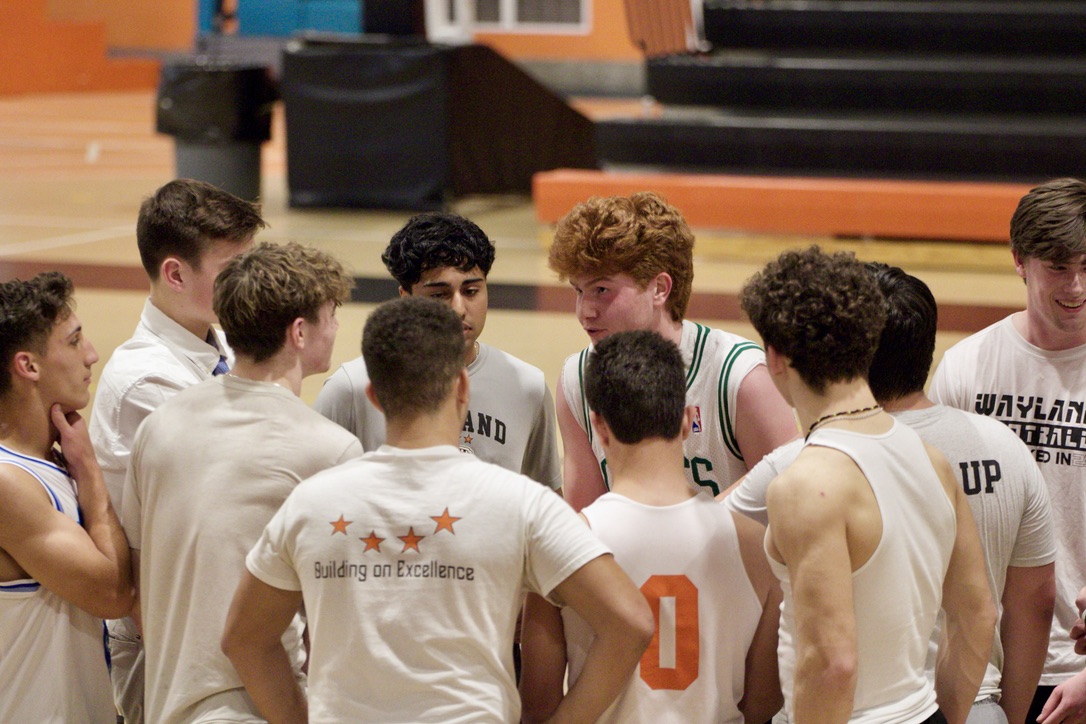






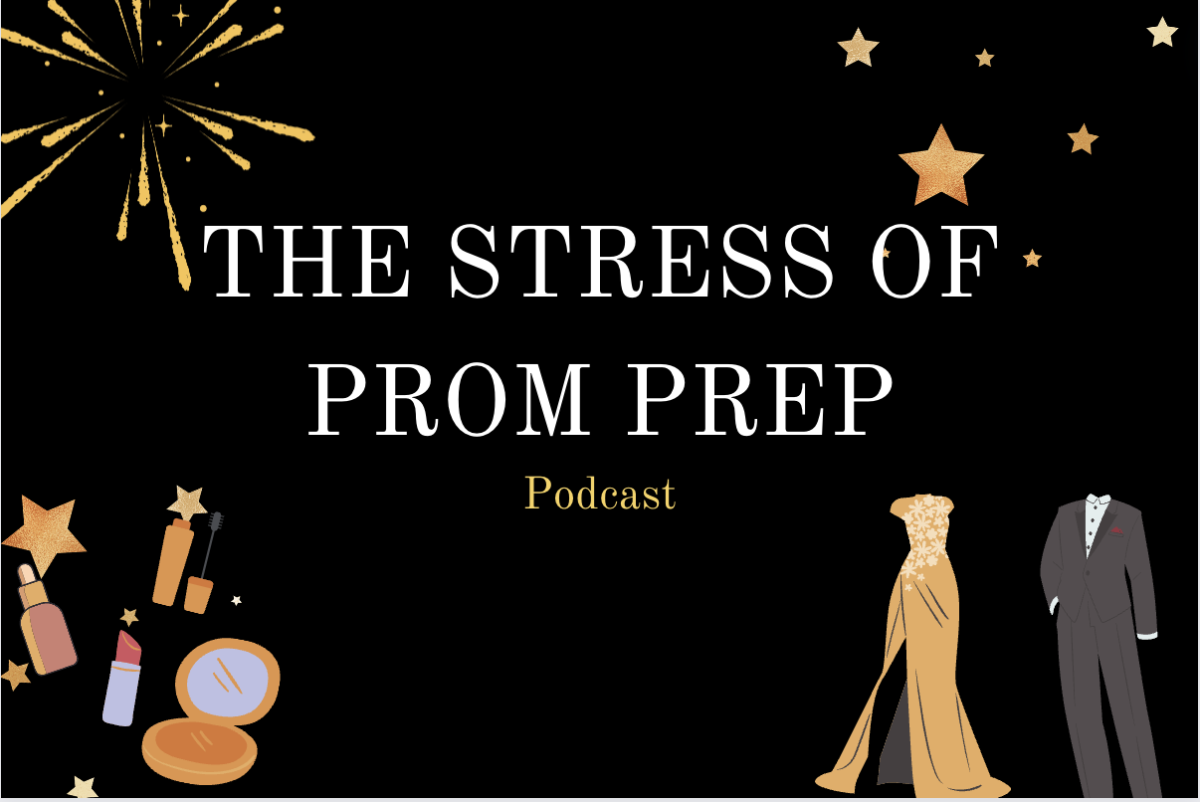



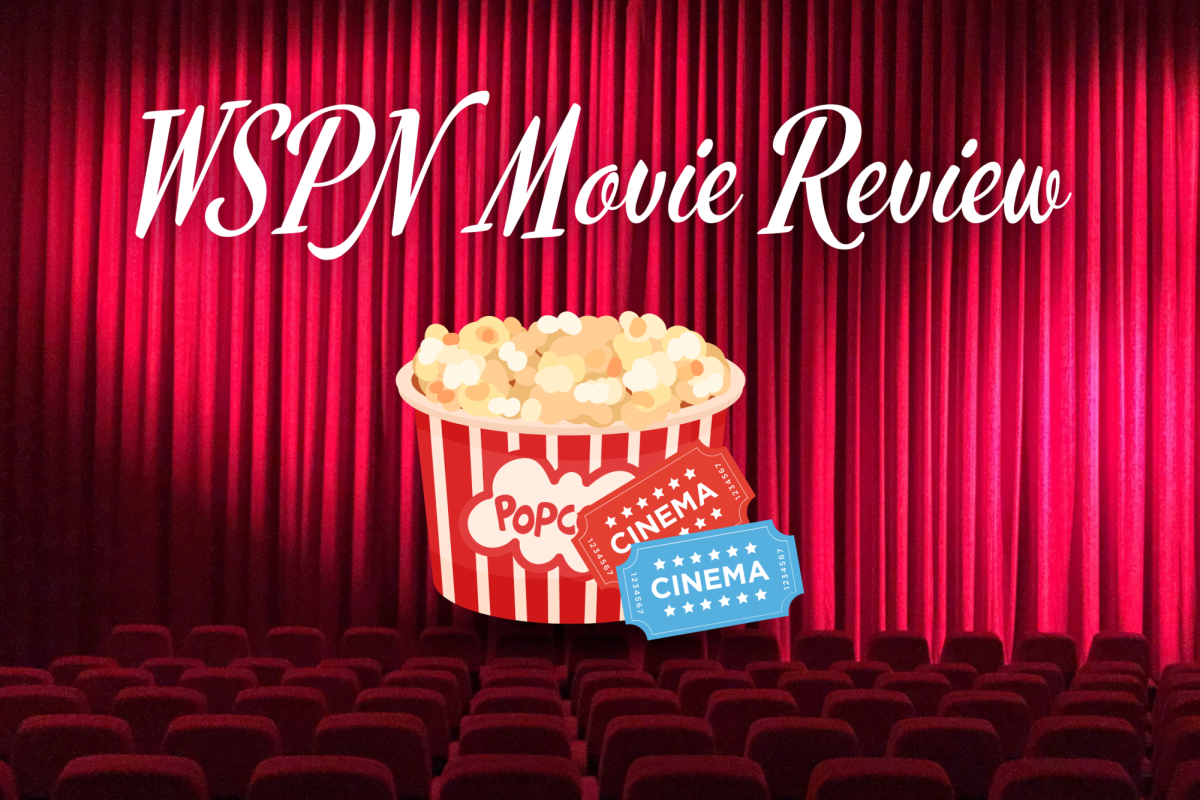














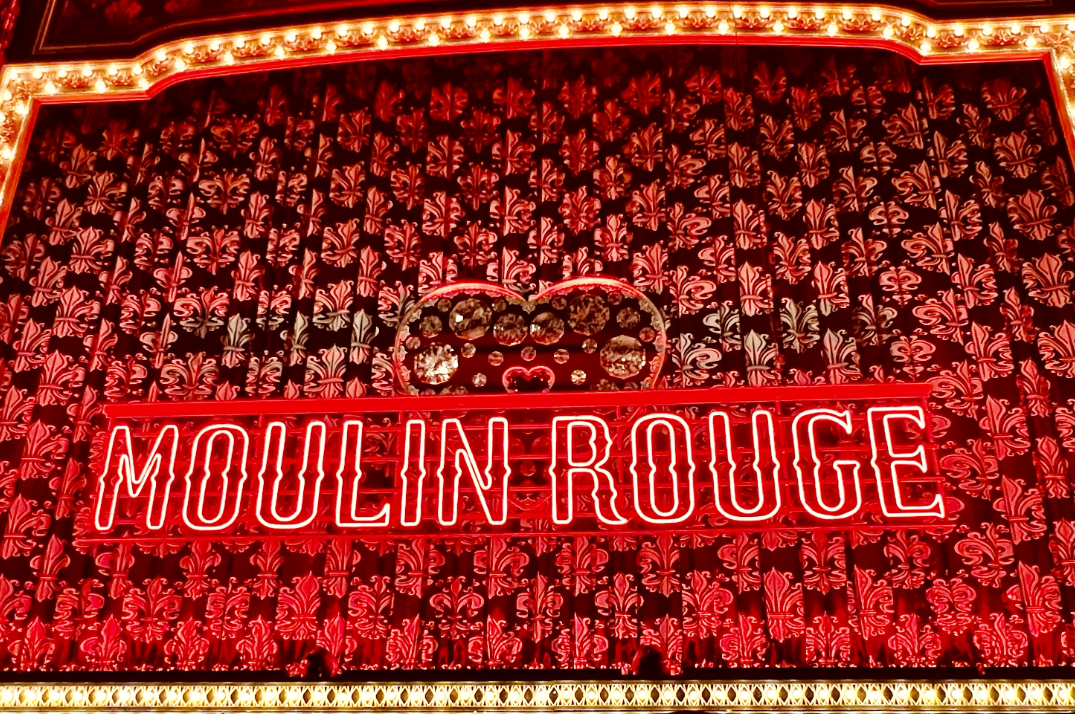

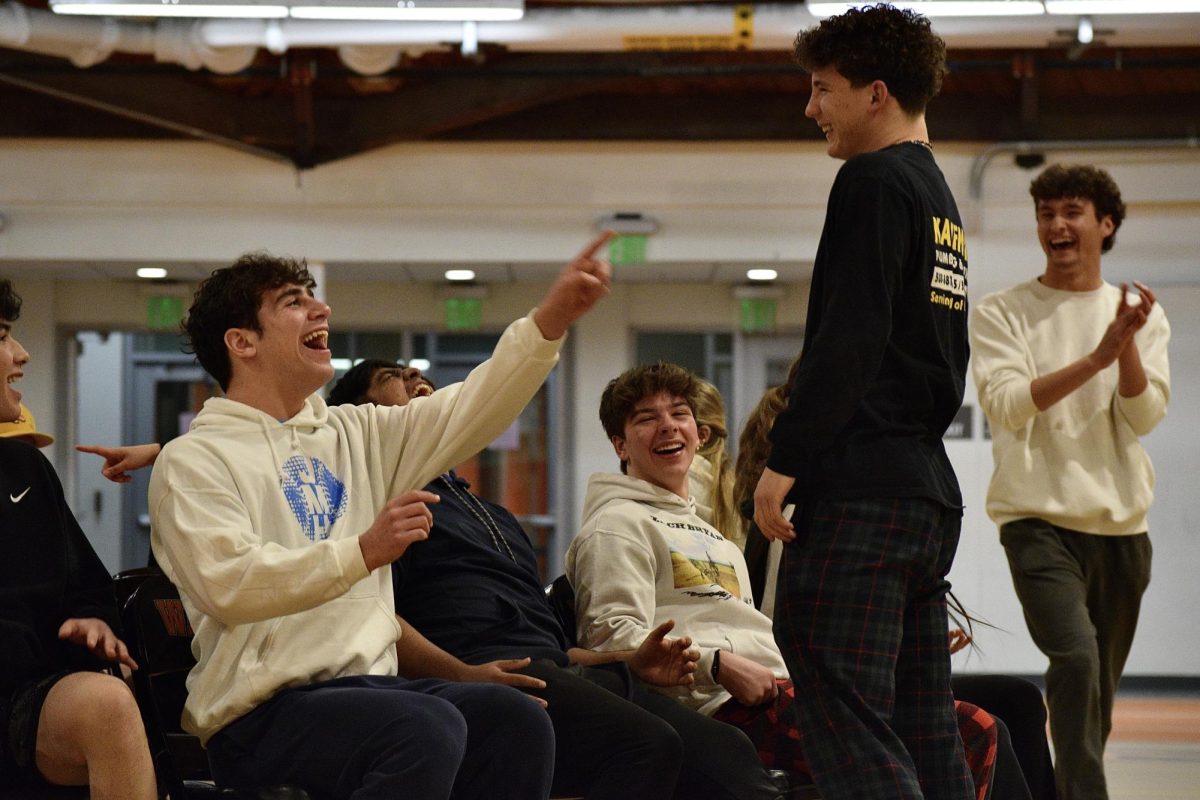







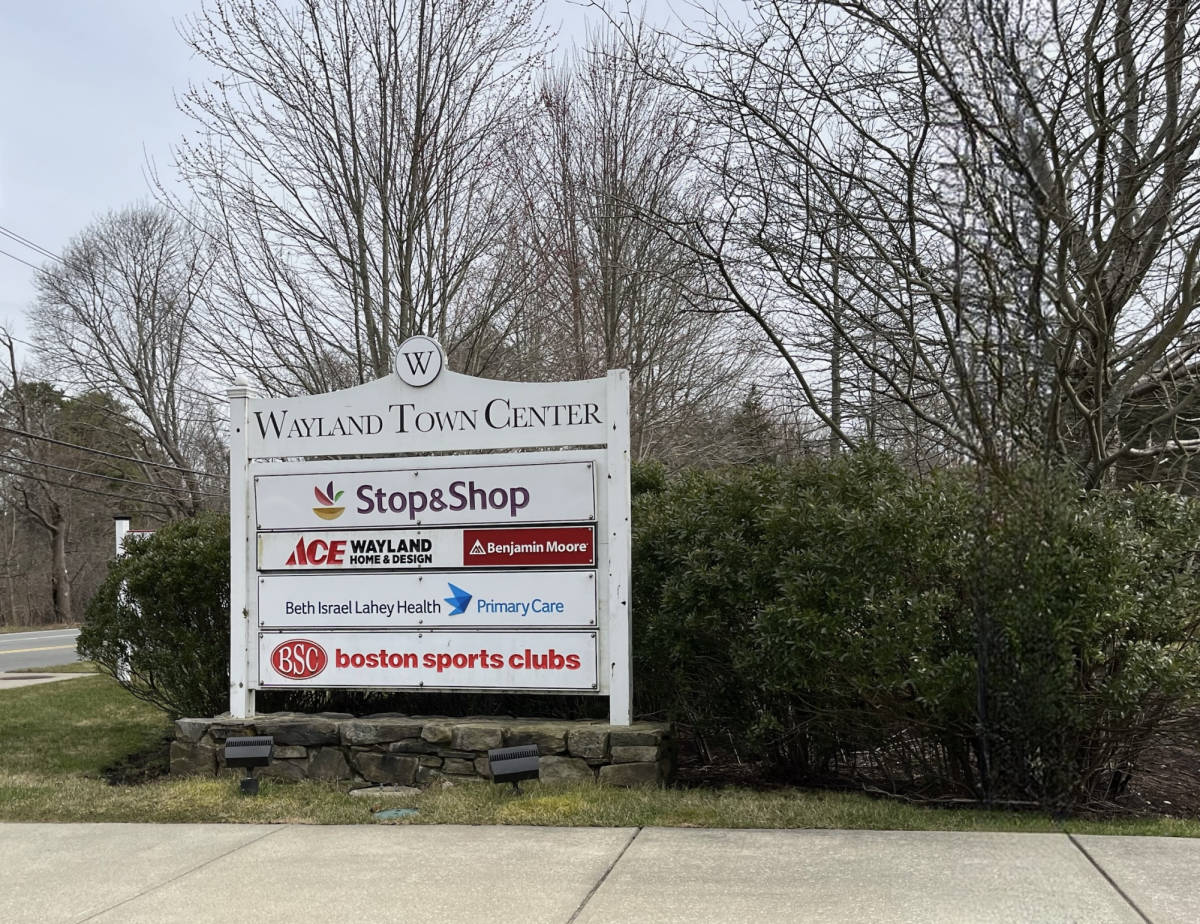









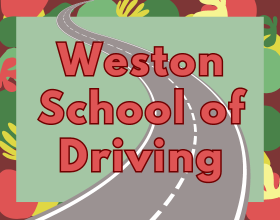


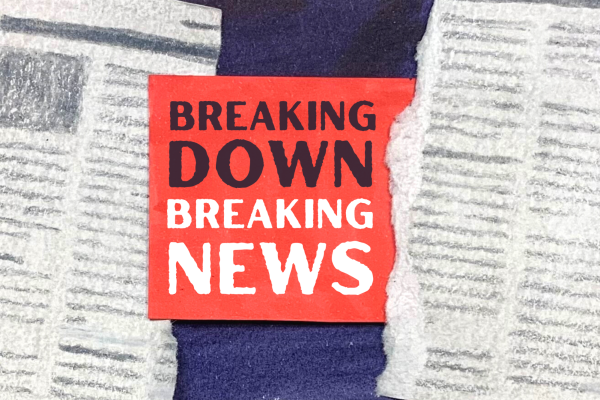
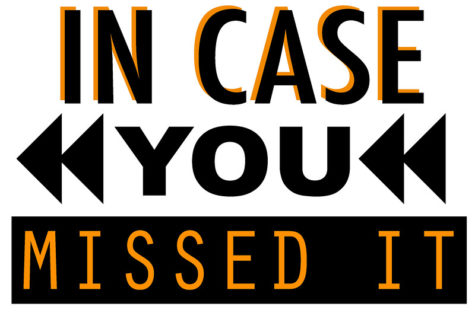



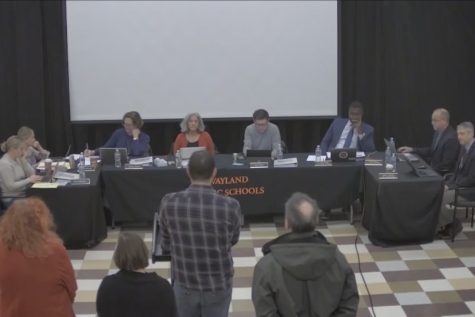

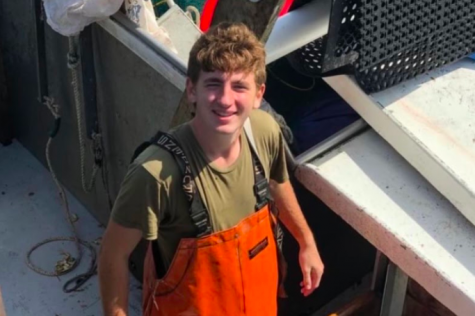
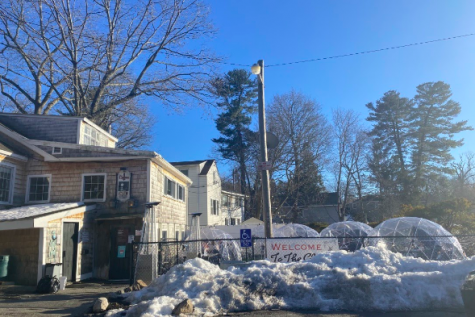
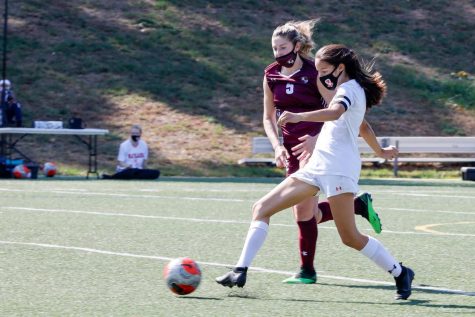
Rip • May 16, 2018 at 9:37 PM
Maybe the problem is not that students are being brainwashed by “carelessness”, but more that students, especially here, are too sensitive to those who are clearly making a jokes.
In fact, I would say the real brainwashing should be blamed on a liberal media that labels everything they don’t like as something-ist, that teaches kids how to value their differences by avoiding them like the plague.
To make things clear, I in no way support what has happened. It contradicted our ideals of equality and acceptance her at Wayland and shocked our community. But you shouldn’t be so quick to paint us as ignorant, Kyle, learn to take a joke.
Yang • May 16, 2018 at 10:32 PM
I am a parent. As a first generation immigrant, I came from a country where majority ruling over minority is written in our Constitution and I never second guessed it. It made sense. It was the definition of democracy. Whoever got the most votes rules. Only after I came to the US did I realize the inherent danger of this concept to minorities. I, for one, found the brainwashing of Liberal media refreshing. It contradicts common sense, that majority has to be careful what they say, that they can’t even make a joke at the expense of minorities, that they have to be political correct. But I thought that is why US is a greater country than most of the world. I do wonder whether this self-imposed virtue can be sustainable. Things against “common sense” don’t usually last. Our common-sense president and some elements of your opinion proved me right. https://en.wikipedia.org/wiki/Tyranny_of_the_majority
boi • May 17, 2018 at 4:59 PM
I agree… he should learn that there are other aspects to this as well.
delaney • May 16, 2018 at 12:00 PM
Well put Kyle.